This isn't just a local matter; breast cancer is now a worldwide health problem that millions of people have to deal with. The Lancet Commission's most recent report offers more information on the troubling patterns and ongoing unfair situations in breast cancer.
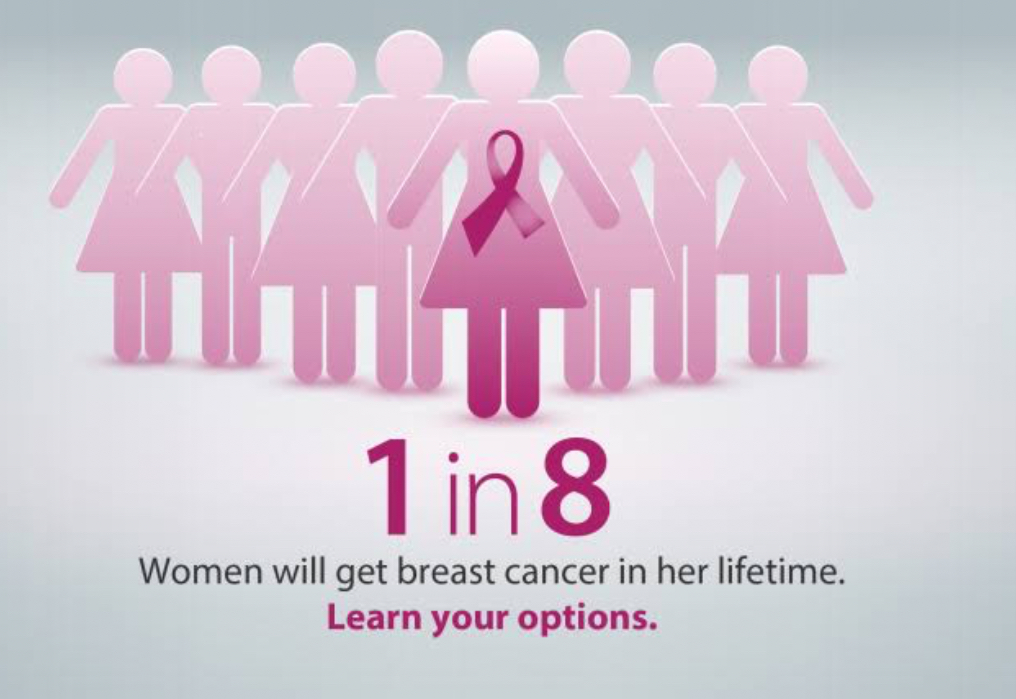
The global statistics show How big is the problem?
An investigation by the Lancet Commission reveals how awful breast cancer is for people all over the world. In the five years before 2020, there were approximately 7.8 million new cases of breast cancer among women. Sadly, this disease killed 685,000 women in just that one year. Things are probably going to get worse. Over 3 million cases of breast cancer will be diagnosed each year by 2040, and a terrible 1 million people will die each year from it.
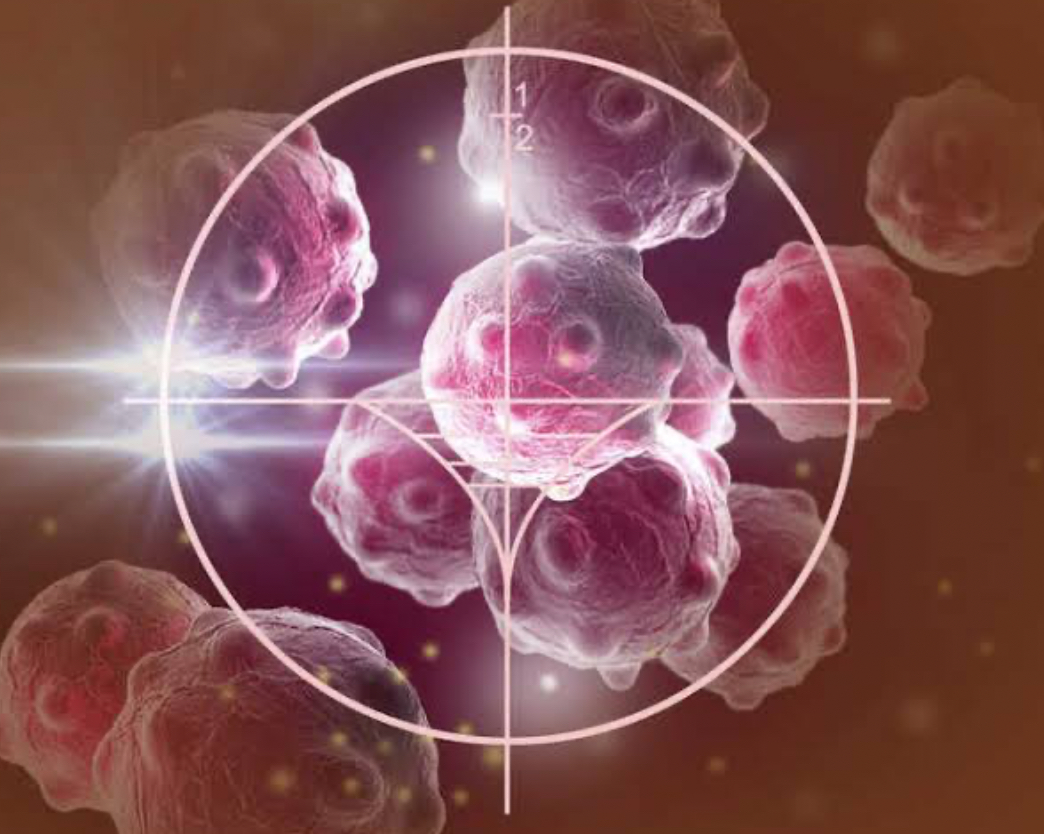
People of any gender can get breast cancer, but most women do. Because of this, breast cancer is more common in women than in men around the world. Countries around the world have very different rates of occurrence. There are higher rates in high-income countries compared to low- and middle-income countries (LMICs). The Lancet Commission says that in spite of how far medicine and care have come, many patients, especially those in low- and middle-income countries, are still being left behind. These results show that getting accurate evaluations, good care, and fair outcomes are still issues.
Breast Cancer in India: A Microcosm of Global Challenges
Because India struggles with its fair share of breast cancer because it has a very large population and a lot of different types of health care. The disease is the most common cancer type in Indian women, and the number of cases is steadily increasing. According to the Lancet Commission, India's breast cancer mortality rate is only 66%. This is a big difference from higher-income countries, where rates are over 90%.
India's breast cancer situation presents numerous challenges. Poor patient outcomes are caused by not having enough cheap healthcare services available, not having enough early detection programmes, and differences in the number of beds available for treatment. Social issues like shame, false information, and cultural barriers also make it harder for prevention and control plans to work.
Causes, Prevention, and Management Strategies
Knowing that a variety of things can lead to breast cancer makes it even more important to have full plans for how to avoid and treat it. Genetics and lifestyle choices, like drinking alcohol, being overweight, or not being active, can make people more likely to get some illnesses than others.
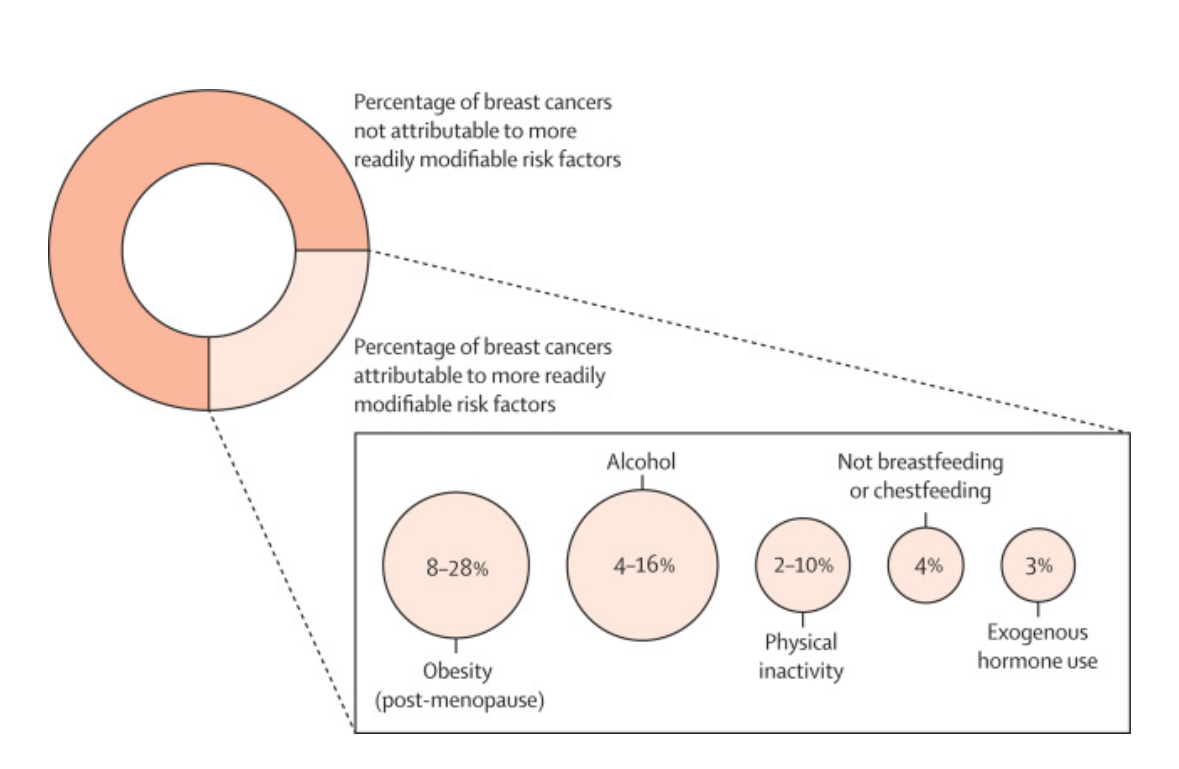
We need to stop focusing on reaction prevention and start focusing on proactive prevention, says the Lancet Commission. Some ways to do this include teaching the whole community, changing the rules, and helping people who are especially at risk. If you want to lower risk factors across society, you need to make policy changes such as limiting alcohol marketing and encouraging people to live healthy lives.
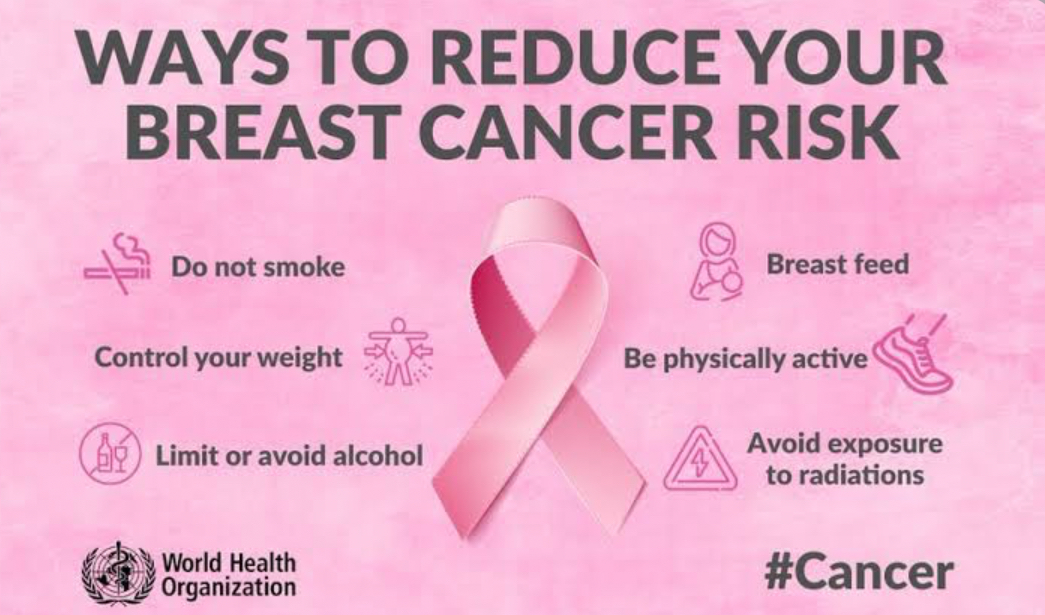
One of the most important things that can be done to improve the outcome of breast cancer is to find it early. The Commission stresses how important it is to improve screening systems in LMICs, where women may not be able to get mammograms easily. Researchers looked at how patients feel about their own power and how important it is for patients and doctors to be able to communicate well so that patients can make better choices and follow through with their treatments.
Public health policy imperatives
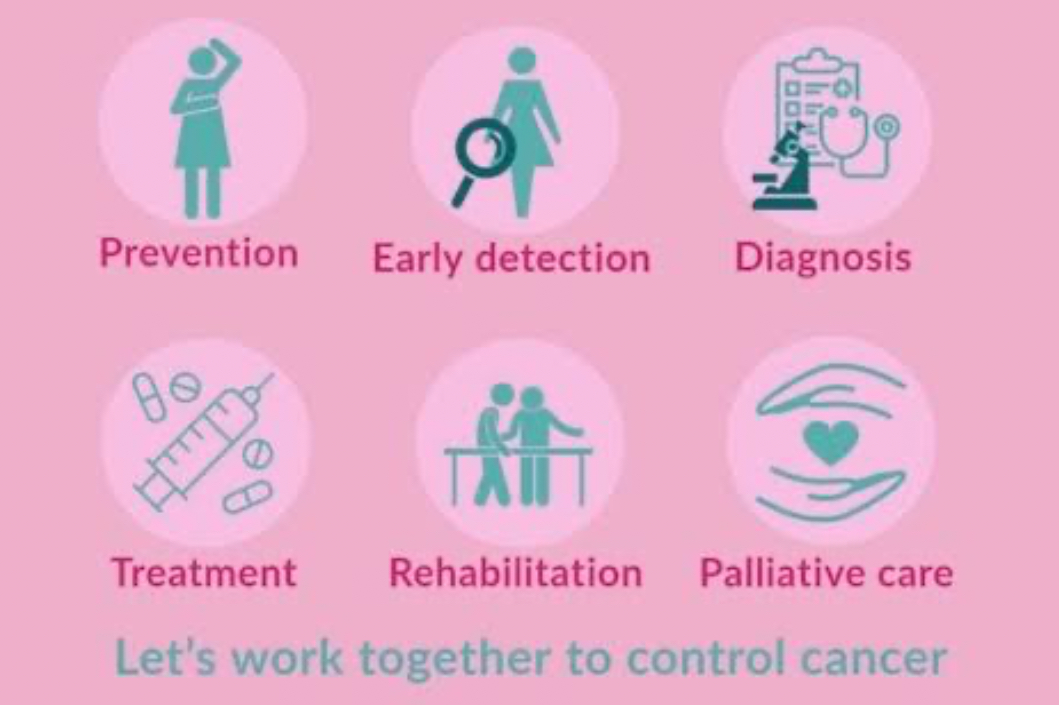
- Ensure that everyone has equal access to affordable health care, particularly in areas that aren't well covered and among vulnerable groups.
- Use preventive measures that have been shown to work, such as changes to your lifestyle, vaccination programmes, and rules about your surroundings.
- Improve early detection programmes by using new technologies, reaching out to the community, and giving healthcare workers more training.
- Support care models that put the needs of each patient first and prioritise their choices; provide all-around support; and make decisions together.
- Spend money on strong systems for collecting data, building up research infrastructure, and working together on studies to get real-time ideas and policies that are based on evidence.
In the end,
Because breast cancer is so widespread, there needs to be a global response that crosses borders, fields of study, and social and economic barriers. This detailed report from the Lancet Commission is a strong call to action, asking everyone involved to put breast cancer prevention, early detection, fair access to care, and patient-centred methods at the top of their list of priorities. We can work together, change policies, and keep putting money into research and new ideas so that one day breast cancer doesn't kill as many people, and everyone gets the care and help they need in their fight against this terrible disease.
Image Source: Multiple Agencies
Inputs from Agencies
© Copyright 2024. All Rights Reserved Powered by Vygr Media.



















